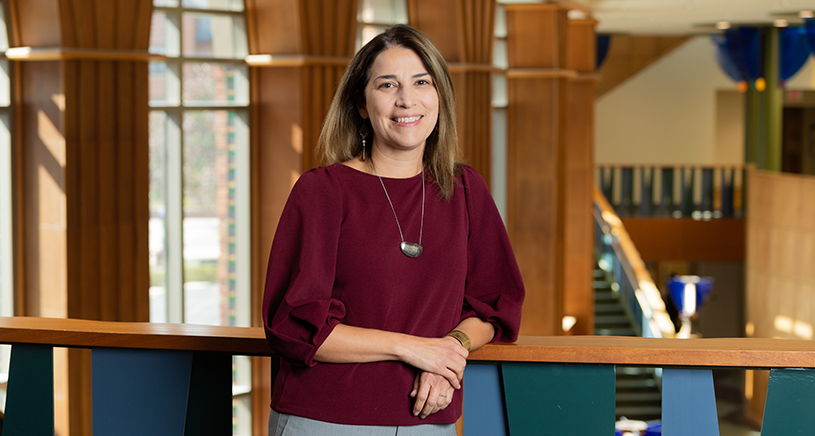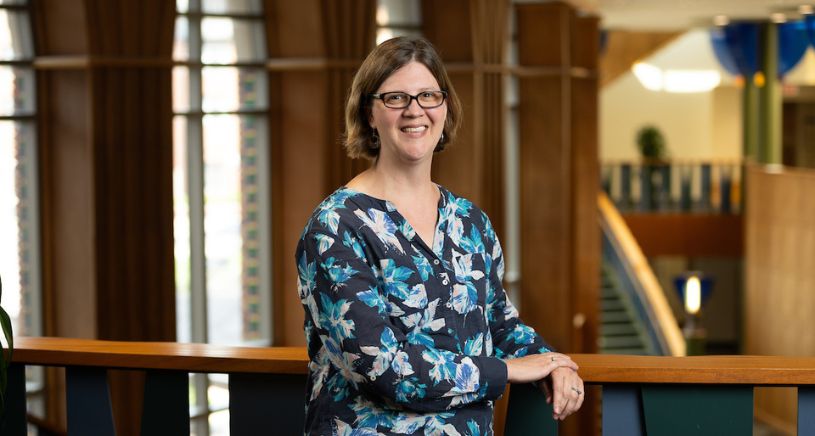A Message from the Directors
Why Social Epidemiology?
Social Epidemiology is focused on understanding how psychosocial factors –stress, neighborhood context, social status, marginalization, and discrimination –shape population health. The World Health Organization refers to these as social determinants of health. The importance of social determinants to public health is evident in the COVID-19 pandemic, in which the burden of disease is mirroring health inequities more broadly. Risk of infection and severe outcomes are clearly shaped by factors including housing, occupation, income, race, sex, and age. Understanding why this is - and how communities, policymakers, and institutions can address these inequities - is the underlying motivation of the field of social epidemiology.
The certificate program is housed within the Center for Social Epidemiology and Population Health (CSEPH), an interdisciplinary group of scholars, mentors, and trainees. Through this certificate program, students will be exposed to state-of-the-art research and methods for understanding the causes of health inequities and learn how this work can inform the development of policies and interventions to eliminate these inequities, both in the United States and globally. CSEPH provides a stimulating and supportive intellectual environment for students to engage with colleagues, staff, and professors working in the field, both within the School of Public Health and across the University.
We hope that you'll be intrigued by the certificate and choose to join us. This certificate program is attainable and engaging for a wide range of students interested in population health. We look forward to working with you!
Nancy Fleischer, PhD
Co-Director Center for Social Epidemiology and Population Health
 Briana Mezuk, PhD
Briana Mezuk, PhD
Co-Director Center for Social Epidemiology and Population Health

